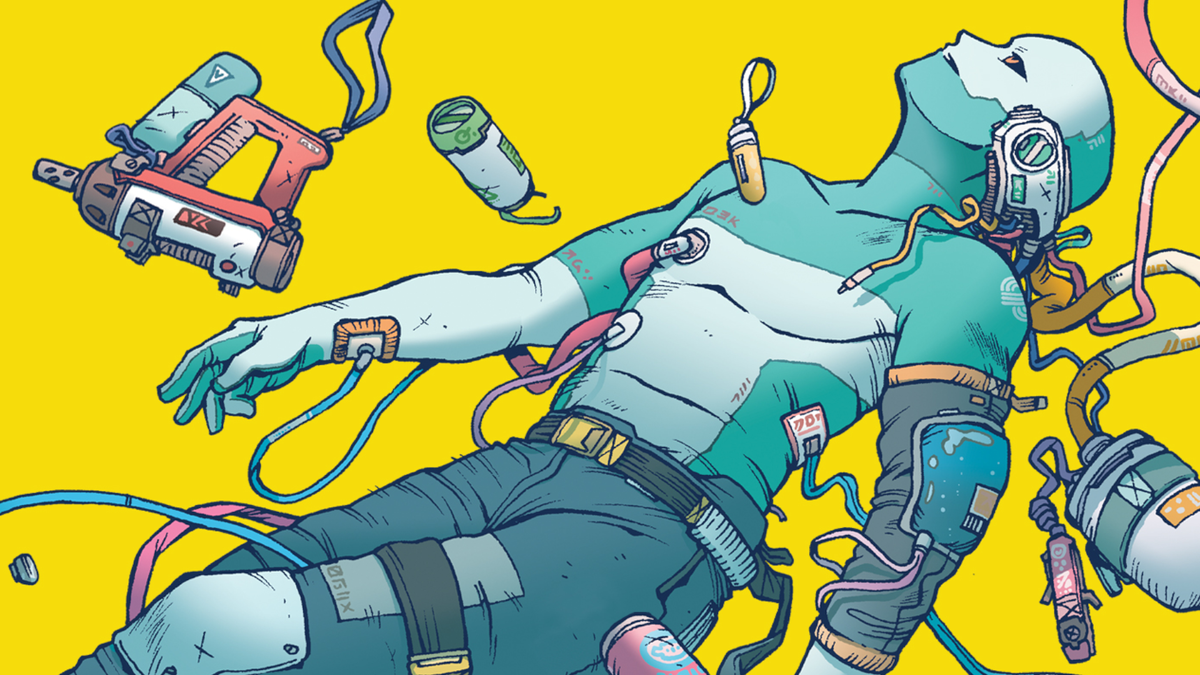When you purchase through links on our site, we may earn an affiliate commission. Here’s how it works.
Citizen Sleeper 2's broader scope stretches its mechanics thin, even while its story flourishes. Our experienced team dedicates many hours to every review, to really get to the heart of what matters most to you. Find out more about how we evaluate games and hardware.
Reckoning with flaws in the machine
I try not to think about my body as a 'vessel' too much, if I can help it. The idea that my mind is just a rider in something that can wear, tear, and break down isn't a comforting thought—but it's an increasingly pressing one. Citizen Sleeper 2 reminds me of this fact twofold: It's a game about the slow degradation of the body, sure, but it's also a sequel. It's an attempt to show growth, to do more. But in trying to grow, it's become fuzzier around the edges. Fractured, bumpy, nicked in places, and lovely in its own way.
Citizen Sleeper 2 understands that you don't get to choose how your body grows. You can decide on some things if you're one of the lucky ones, sure, but eventually everything bends and falls apart. The solution for your character, an android 'Sleeper', is to start stapling bits of yourself back together with spare parts.
What is it?
A heartfelt sci-fi RPG where you manage resources, go on missions, and get to know your android body.
Expect to pay: Developer: Jump Over the Age Publisher: Fellow Traveller Reviewed on: NVIDIA GeForce RTX 3060, AMD Ryzen 7 5800 8-Core Processor, 16GB RAM, Force MP600 SSD. Multiplayer?: No.
Take my eyes, take them aside
In case you haven't played the first game, here's a primer: Citizen Sleeper 2: Starward Vector is a game about dice that mimics tabletop RPG systems like Powered By The Apocalypse and Blades In The Dark. Each day, you get a batch of dice. Each day, these dice let you do stuff, and your chances of failure scale with how well you rolled.
Citizen Sleeper 2 has four things to keep a track of: energy, stress, dice breakages, and glitches. Lose all your energy, and you start taking stress. Take too much stress, and your dice start breaking. Break all your dice, and you get a glitch, which saddles you with a chance to roll a glitched out die. These chuck away all your stats to give you a 20% chance at success or a 80% chance at failure, no matter what.





